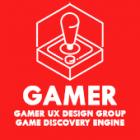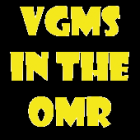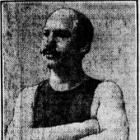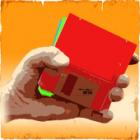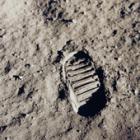
To Boldly Tag: Increasing User Discovery of Trek.fm
Trek.fm is an expansive podcast network of over 20 different podcasts that cover every corner of the Star Trek universe and beyond. Since 2010 the network has been consistently growing as thousands of listeners download Trek.fm podcasts each month to engage in fun, engaging, and thought-provoking discussions with other listeners. My project is focused on increasing the accessibility of the Trek.fm website. I cultivated data on the core series-focused podcasts on the network and developed a tagging system to better serve the users needs. This tagging system will make it easier for hosts to understand how to tag their own content in the future to keep the website cohesive as it grows. There are also new dedicated lists and guides for each show to act as a reference for listeners browsing for content as well. With this project Trek.fm is more accessible to both search queries and browsing.


